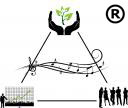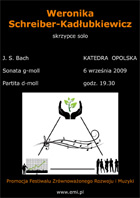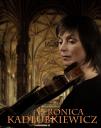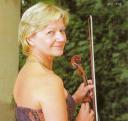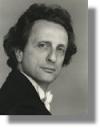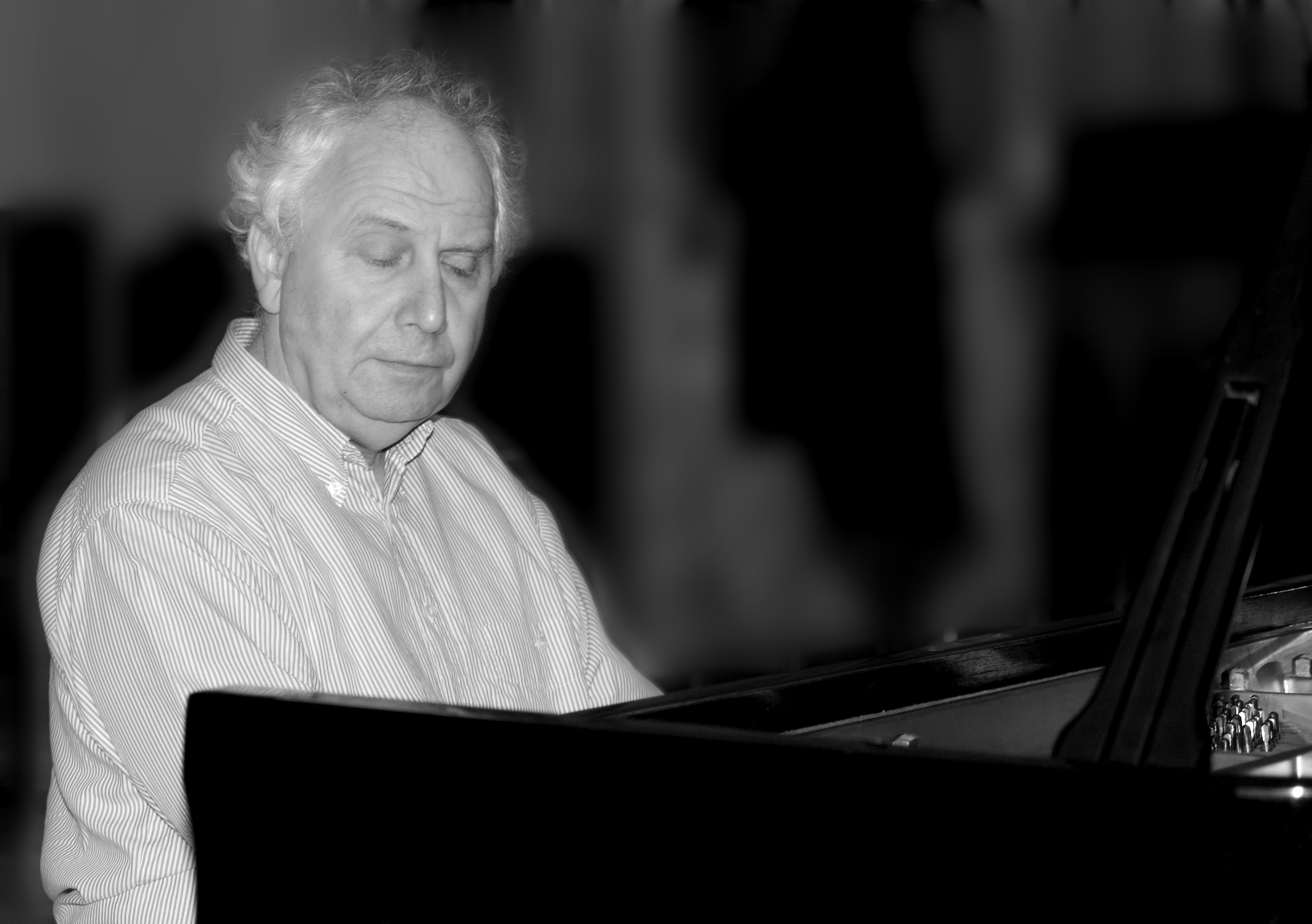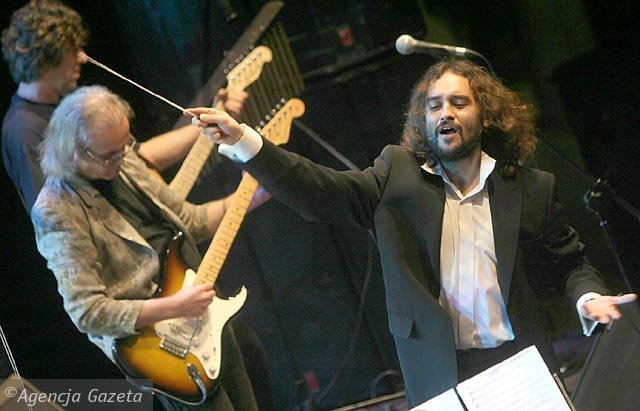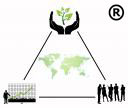 They seem to have been cast in the same mould, very much like two beans in a sackful of coffee. It should be added – an exceptionally strong and aromatic coffee. Quite simply – “Doppio Espresso”.
They seem to have been cast in the same mould, very much like two beans in a sackful of coffee. It should be added – an exceptionally strong and aromatic coffee. Quite simply – “Doppio Espresso”.
They heard someone ordering a ‘doppio espresso’ in a bar and fell under the spell of the drink’s strength.
The fact that this is what they decided to call their duo tells us much about the kind of impact they want to make on listeners. Surely, their performances are not luke-warm.Interestingly enough, they became friends long before the duo saw the light of day. They were in secondary school at the time. They first met at the Piano Festival in Nałęczów and the masterclasses given there by Micha³’s father, the prominent pianist Marek Drewnowski.Daniel attended at that time the Secondary Music School in Krosno, studying in the piano class of Dorota Skibicka. He subsequently studied with Marek Drewnowski. Before he became his student, he once moved his future professor to tears with his playing of Chopin’s music. These were tears of emotion, to which the professor himself admitted. Daniel was already then a very sensitive and reflective man. He read a lot. He made much effort to strike a balance between emotion and intellect in his playing.Michał, for his part, drove to tears another outstanding pianist, Naum Shtarkman, to whom he presented his interpretation of Scarlatti’s Sonata in F minor in the same venue the previous year. Michał had always wanted to play an ambitious repertoire (Liszt, Rachmaninov) and he could listen passionately to his beloved Vladimir Horovitz, from whom he derived his musical inspiration.Studying together, Daniel and Michał continued to be close friends, even though the nature of their profession would rather provoke stiff competition between them. During their studies at the Conservatoire de Musique in Geneva (where they both went after graduating from the Music Academy in Łódź), they decided to set up a duo. They made their debut in the prestigious Victoria Hall in Geneva, with a programme including works by Leonard Bernstein and Astor Piazzolla. Right now, with Michał back in Łódź and Daniel in Krosno, their duo continues to perform and record. This debut CD is a discovery of the New World, for themselves and for music lovers. In Europe, the music of both Americas, and of South America in particular, is something new and somewhat exotic. These days it is simply fashionable, with almost all people easily recognizing the tune of Astor Piazzolla’s Libertango or the themes of Bernstein’s West Side Story. In addition to these two great masters, the CD contains miniatures by Piazolla’s artistic followers, Pablo Ziegler and José Bragato, as well as Brazilian Dance by the Canadian composer Roger Matton. This last piece is a like a symbolic blend of the CD’s two parts – the music of North and South America. It should be hoped that the great passion and commitment of the duo “Doppio Espresso” will help all listeners gain better insights into this music and fall in love with it.
Ewa Cisowska
Michał Drewnowski was born in Warsaw in 1977. He started learning to play the piano in Italy, when he was 8, under the supervision of his father, an excellent pianist Marek Drewnowski. After his return to Poland at the age of 14, he continued his musical education, at Karol Szymanowski Secondary Music School in Warsaw in the class of professor Bronisława Kawalla and Professor Ewa Pobłocka. In 2001 he graduated with honours from Bacewicz Music Academy in Łódź, where he studied under the guidance of his father, professor Marek Drewnowski. He also developed his skills in Genf Conservatory of Music with such distinguished teachers as Dominique Merlet and Pascal Devoyon; there he also obtained a diploma with distinction. He took part in many master courses given by such eminent pianists as Nauma Shtarkmann, Miłosz Magin, Fou T’song, Rudolf Kehrer and Eugen Indjic.
He is a prize-winer in the following competitions: Special Prize at the 1st Aleksander Tansman International Festival and Competition of Musical Personalities in Łódź (1996), First Prize at 13th Grażyna Bacewicz All-Polish Chamber Music Competition in Łódź (1998), at 32th Polish Piano Festival in Słupsk (1998), Second Prize at M.Masin International Piano Festival in Sangemini (Italy, 2000), Second Prize at Piano Competition A.GI.MUS in Rome (2005).
Michał Drewnowski gives concerts, both as a soloist and a chamber musician, in Poland, Italy, France, Switzerland, Luxembourg, Belgium, England, Austria, Czech Republic and Germany. He has performed with many renowned orchestras in Poland and abroad with leading conductors such as Piotr Wijatkowski, Janusz Powolny, Tadeusz Kozłowski, Vladimir Kiradjev and Stanislav Oushev. He participated in many prestigious festivals, such as Passage in Warsaw, Salon of Arts in Sofia, Festival Musicale di Norcia (Italy), Varna Summer Festival (Bulgaria), Cracow Spring Music Festival, Warsaw Music Encounter, Chopin Geneve Festival, Keminklavier in Kemi (Finland).
He also gave concerts in: Concerti Gianicolo in Rome, Steinway Kammersal in Kopenhaga, Kunstmuseum in Silkeborg (Denmark), Sala Bulgaria in Sofia, Wigmore Hall in London. In the period of 2000-2001 he participated as a pianist and also an actor at Teatr Nowy in Warsaw in a play of Adam Hanuszkiewicz “Chopin, his life, his love, his music”. He perfomed the main character – Frederic Chopin.
Michał Drewnowski is a cofounder of Voland Quartet, with which he gave concerts in many countries of Europe. They also made recordings for GEGA NEW company where they play the music of B.Bartok, A.Aroutunian, A.ben Shabetai, J.Bauer, G.Arnaoudov, H.Yotzov for two pianos and percussion. He is also a cofounder of piano duet Doppio Espresso, that specialises in music of American and Latinoamerican composeres, such as L.Bernstein, A.Piazzolla, P.Ziegler, and J.Bragato.
Daniel Eibin graduated from the Music Academy in Łódź, where he studied with Marek Drewnowski (a diploma with distinction), and the Conservatoire de Musique in Geneva, with Elizabeth Athanassova. His honours include First Prizes at the International Chamber Music Competition in Łódź (2001), the Chopin International Piano Competition in Antonin (1996) and the National Competition of Chamber Ensembles in Wrocław (1994). He is also a prizewinner of the Józef Hofmann and Ignacy Jan Paderewski Competition in Nałęczów (1997). He gave several concerts during the “Festival du Printemps – Sacre de la Musique” in France (1997). He held grants from the Minister of Culture (1996, 2001) and the Fondation Norbert Schenkel in Geneva (2004).
He perfected his skills attending masterclasses given by Janusz Olejniczak, Lee Kum Sing, Ivana Klansky, Alfonso Montecino and Eugene Indjic. He has made recordings for Polish Radio and Polish Television.
He is a co-founder of the piano duo “Doppio Espresso” which performs modern classical music. He developed a fine career, with regular performances in Poland and many European countries, both in recitals and in chamber ensembles performing music of various periods. In 2002 he began a teaching career. [/english]
Kategoria: Doppio Espresso | Komentarze wył. »
Kategoria: Doppio Espresso, Music | Komentarze wył. »
Kategoria: Doppio Espresso | Komentarze wył. »
For 2 piano
Astor Piazzolla : Libertango ( 6′)
Suite Porteña de ballet (12′)
Le Grand Tango (12′)
Milonga del Ángel (6′)
Leonard Bernstein : Symphonic Dances to WEST SIDE STORY (23′)
Pablo Ziegler : Milongueta (11′)
Asfalto (7′)
Sandunga (5′)
José Bragato : Guarania y Galopa Paraguaya (5′)
Roger Matton : Danse brésilienne (5′)
George Gershwin : Amerykanin w Paryzu (18′)
Błekitna Rapsodia (18′)
Koncert fortepianowy (16′)
****
Witold Lutoslawski : Wariacje na temat Paganiniego (7′)Francis Poulenc : Sonata na 2 fortepiany (15′)
Fryderyk Chopin : Rondo na 2 fortepiany (6′)
Maurice Ravel : Ma Mère l’Oye (15′)
La Valse (12′)
For Four-Hands
Astor Piazzolla : Cztery Pory Roku (20′)
George Gershwin : Summertime (4′)
I love you Porgy (5′)
****
George Bizet : Zabawy dziecięce (Jeux d’enfants) (28′)
Maurice Ravel : Ma mère l’Oye (15′)
La Valse (12′)
Gabriel Fauré : Suita DOLLY (16′)
Maurycy Moszkowski : Tance Hiszpańskie op. 21 (14′)
Tance Polskie op. 55 (12′)
Erik Satie : Trois morceaux en forme de poire (10′)
En habit de cheval (6′)
[/english]
Kategoria: Doppio Espresso | Komentarze wył. »
